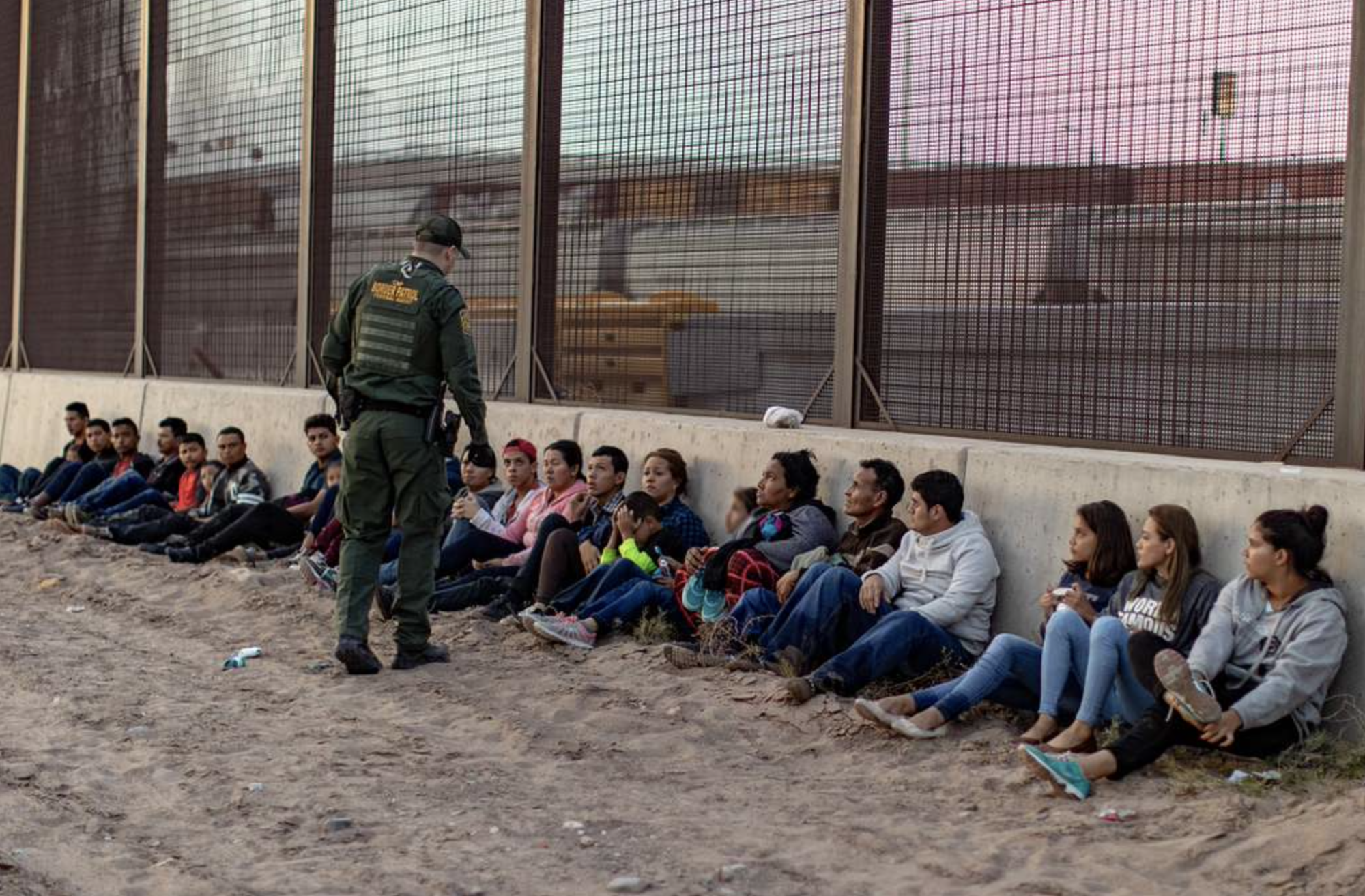U.S. News
Biden’s Border Policies Similar to Trump’s as Blinken Meets Mexican Leader
By Matt De Vlieger · December 29, 2023
In short
- Biden administration echoes GOP anti-immigrant rhetoric, witnessing a surge of up to 10,000 daily border arrests.
- Talks with Mexico's president lack transparency, raising questions about the outcome and highlighting challenges in distinguishing Democrat-Republican positions.
- Critics warn U.S. policies, including sanctions, fuel migration, impacting trade, and triggering negotiations with Mexico.

In a shift that mirrors GOP anti-immigrant rhetoric, the Biden administration has witnessed up to 10,000 daily arrests at the U.S.-Mexico border, reports Laura Carlsen, director of Mexico City’s think tank, MIRA: Feminisms and Democracies.
As Secretary of State Antony Blinken and Homeland Security Secretary Alejandro Mayorkas met with Mexican President Andrés Manuel López Obrador, discussions focused on the escalating border crisis. Carlsen asserts that U.S. policies, including sanctions and an exported drug war, contribute to the migration surge they aim to control, fueling racism and aligning with Republican campaigns.
During the meeting, details were scarce, raising questions about the outcome. Carlsen told Democracy Now! that the Biden administration, adopting a Republican immigration framework for national security, faces challenges as it loses distinction from GOP positions.
Negotiations for funding involving Republican demands for reduced humanitarian visas and increased deportations may impact U.S. immigration policy. Mexico, crucial to executing these measures, grapples with the delicate balance of cooperating while safeguarding national sovereignty.
You see U.S. policies at loggerheads, where they are actually causing the migration that they then try to contain through these measures that are whipping up racism and that are also feeding into Republican campaigns.
The meeting follows reports of Mexico’s directive to clear a border encampment, using bulldozers and machetes, drawing attention to the human cost of border policies. Simultaneously, a migrant caravan from Venezuela, Honduras, El Salvador, and Haiti departed southern Mexico. Carlsen emphasizes that the Biden administration’s adoption of contentious policies has repercussions, impacting trade and showcasing the U.S.’s influence over Mexico’s economy.
President López Obrador’s request for an in-person meeting with President Biden signals potential resistance to some U.S. demands, indicating ongoing negotiations. Carlsen highlights the root causes behind migration, including U.S. sanctions on Venezuela and Cuba, contributing to increased human suffering and forced migration. The ongoing debate underscores the complexity of addressing immigration issues while considering human rights and the impacts of U.S. policies on migration patterns.